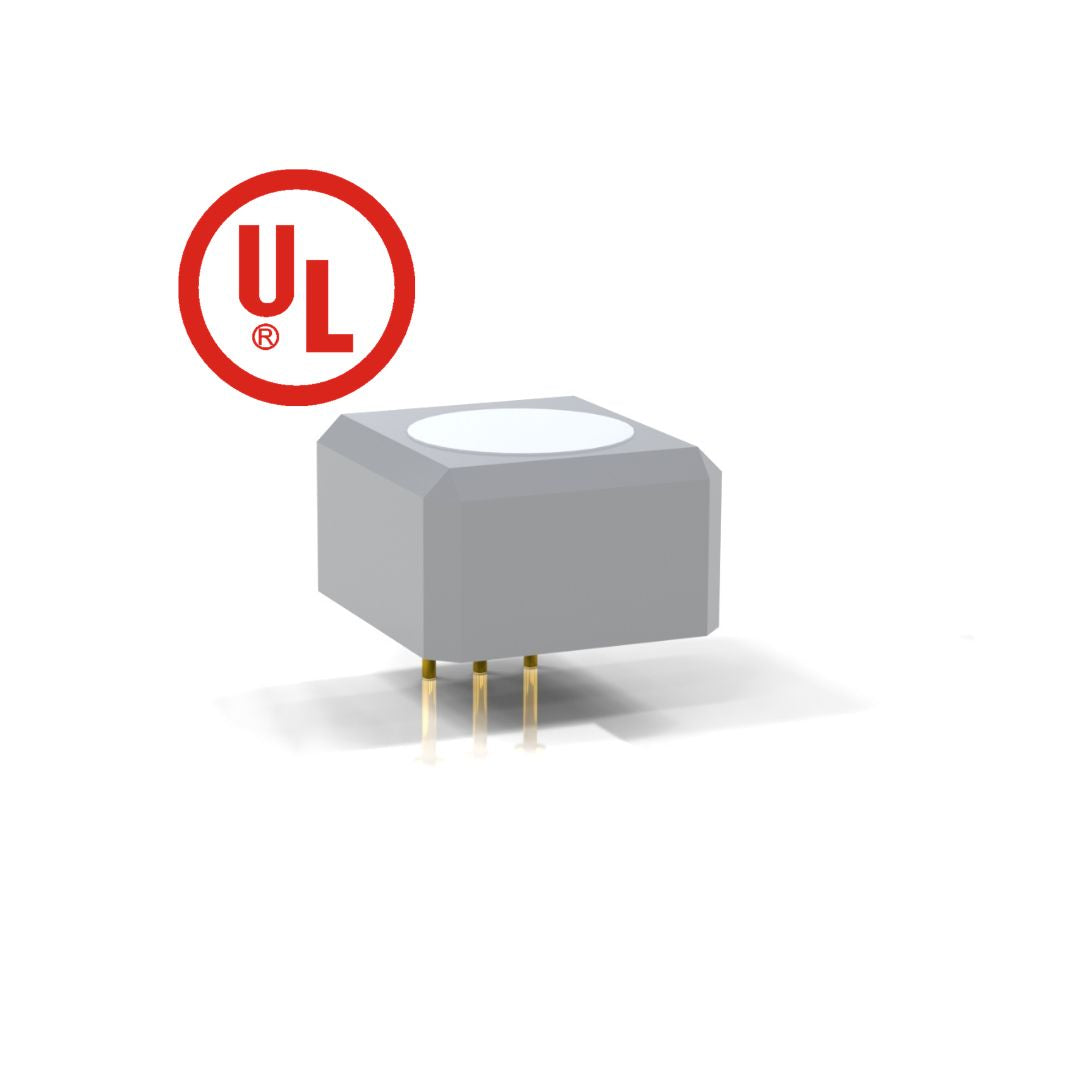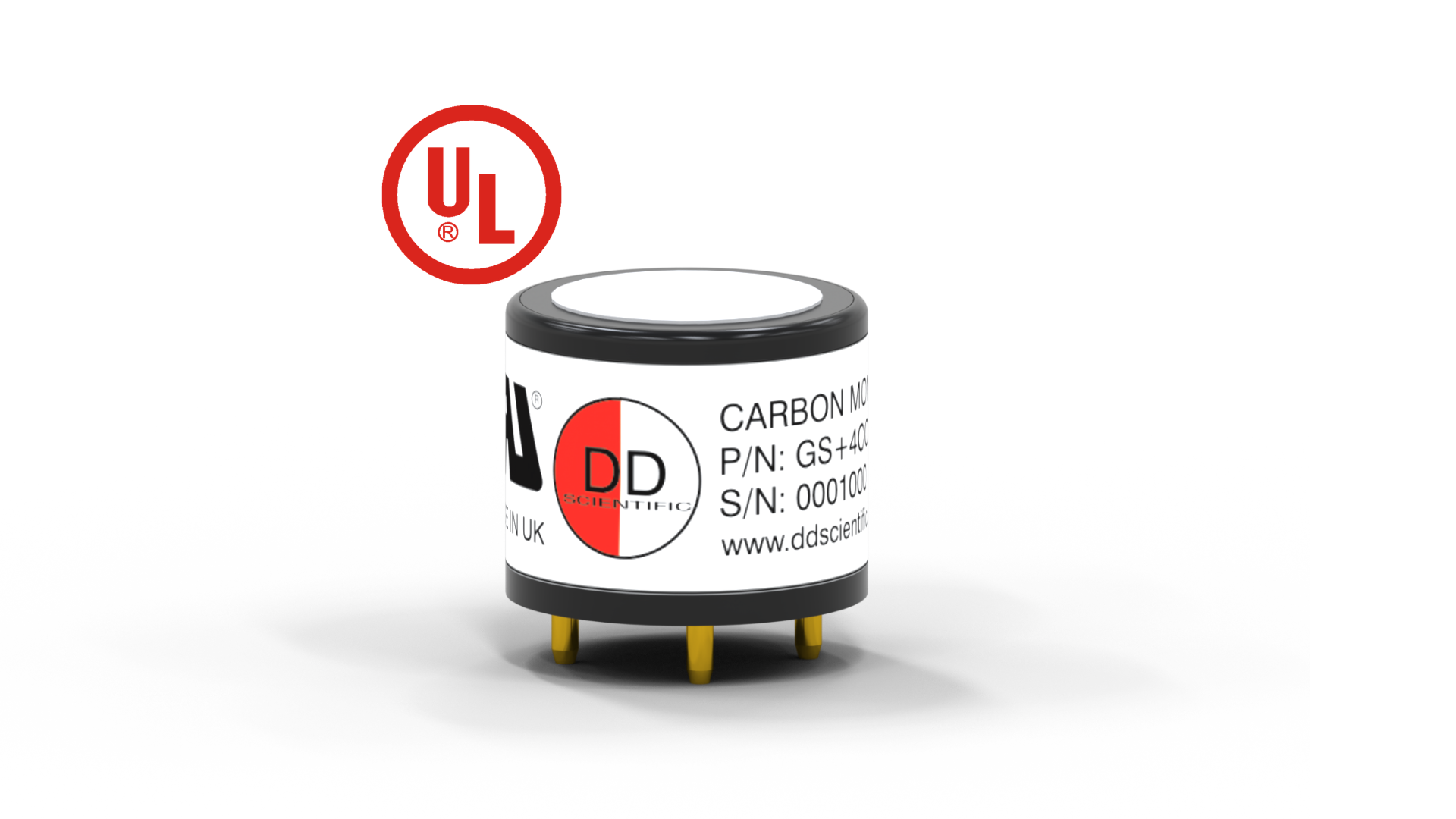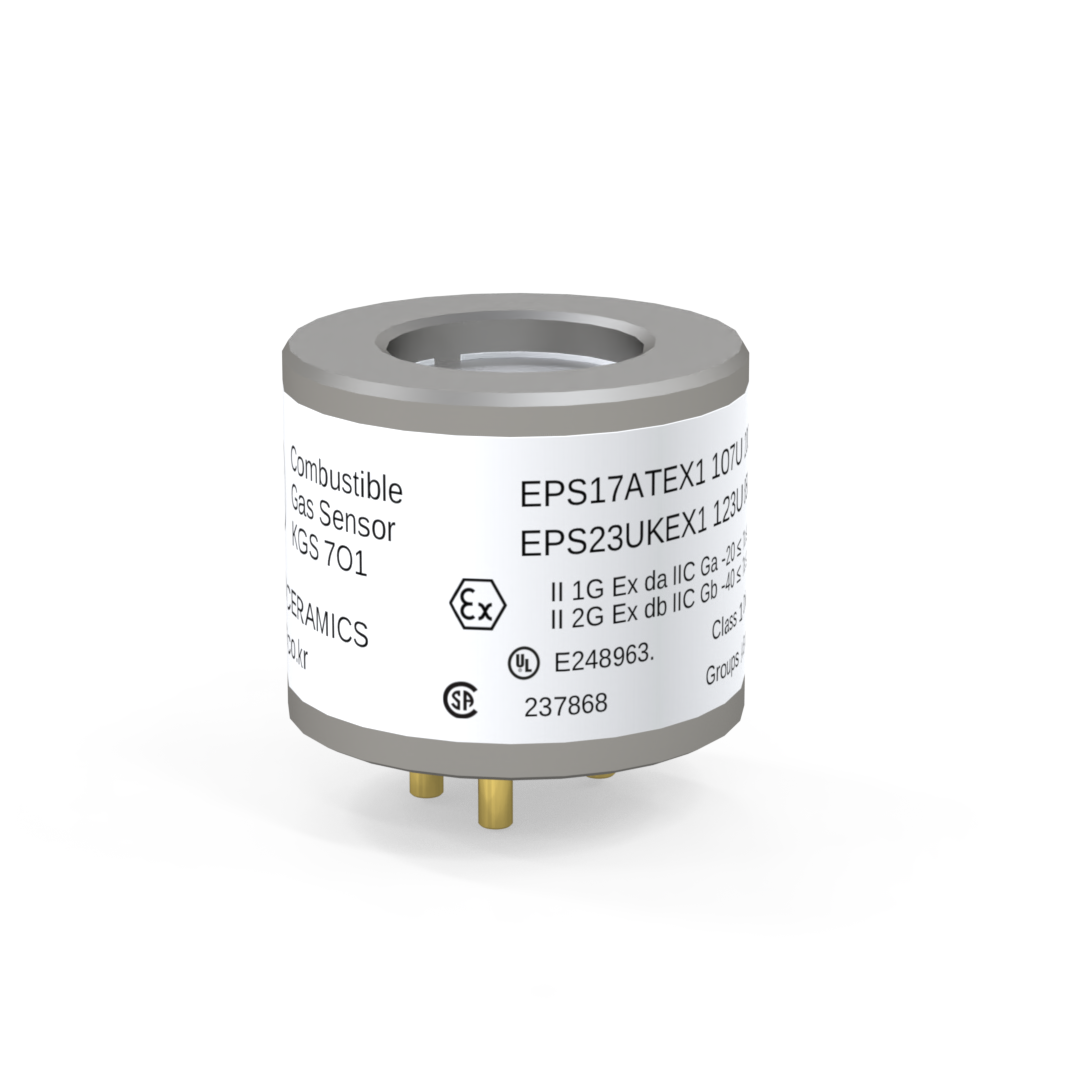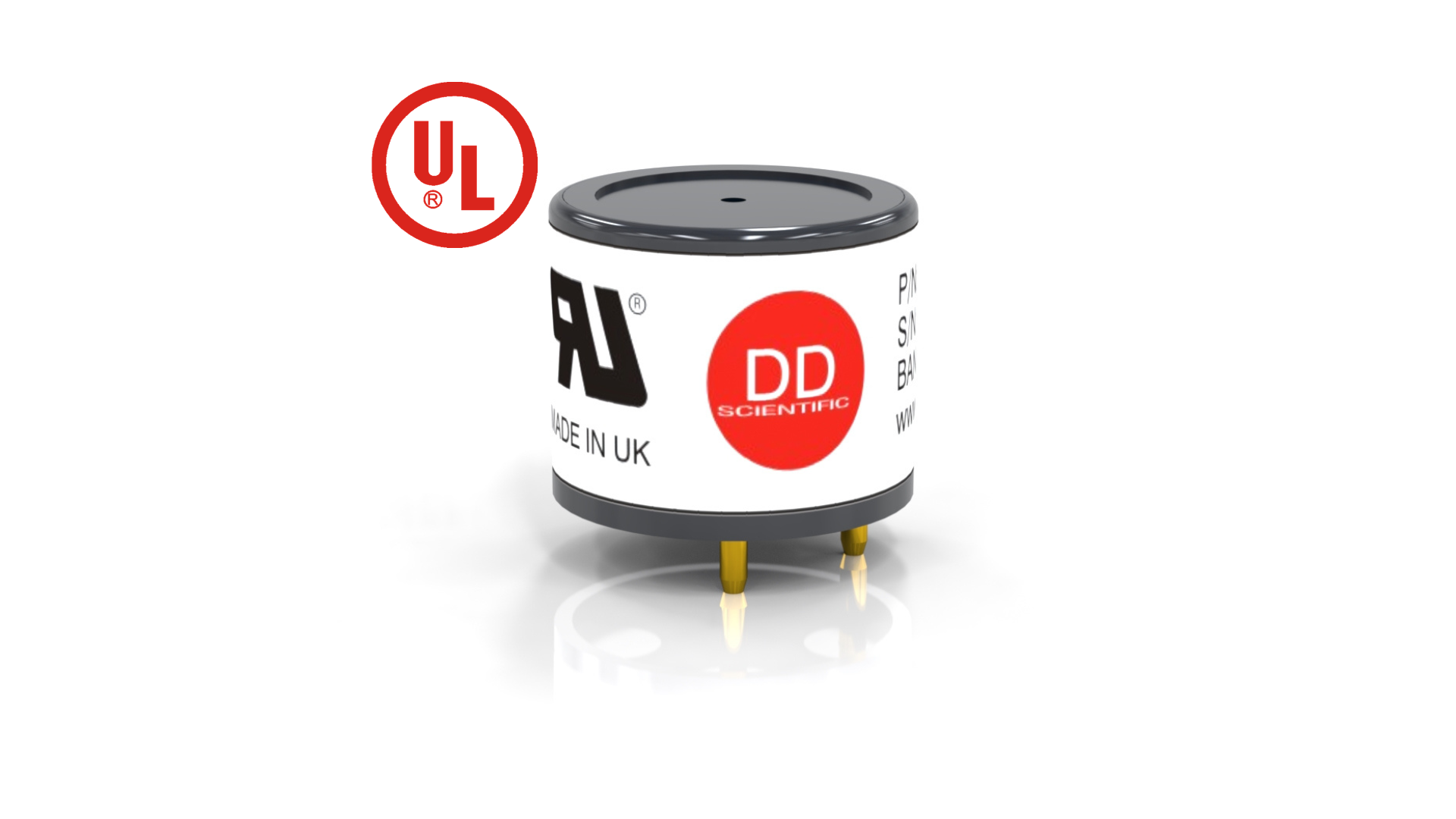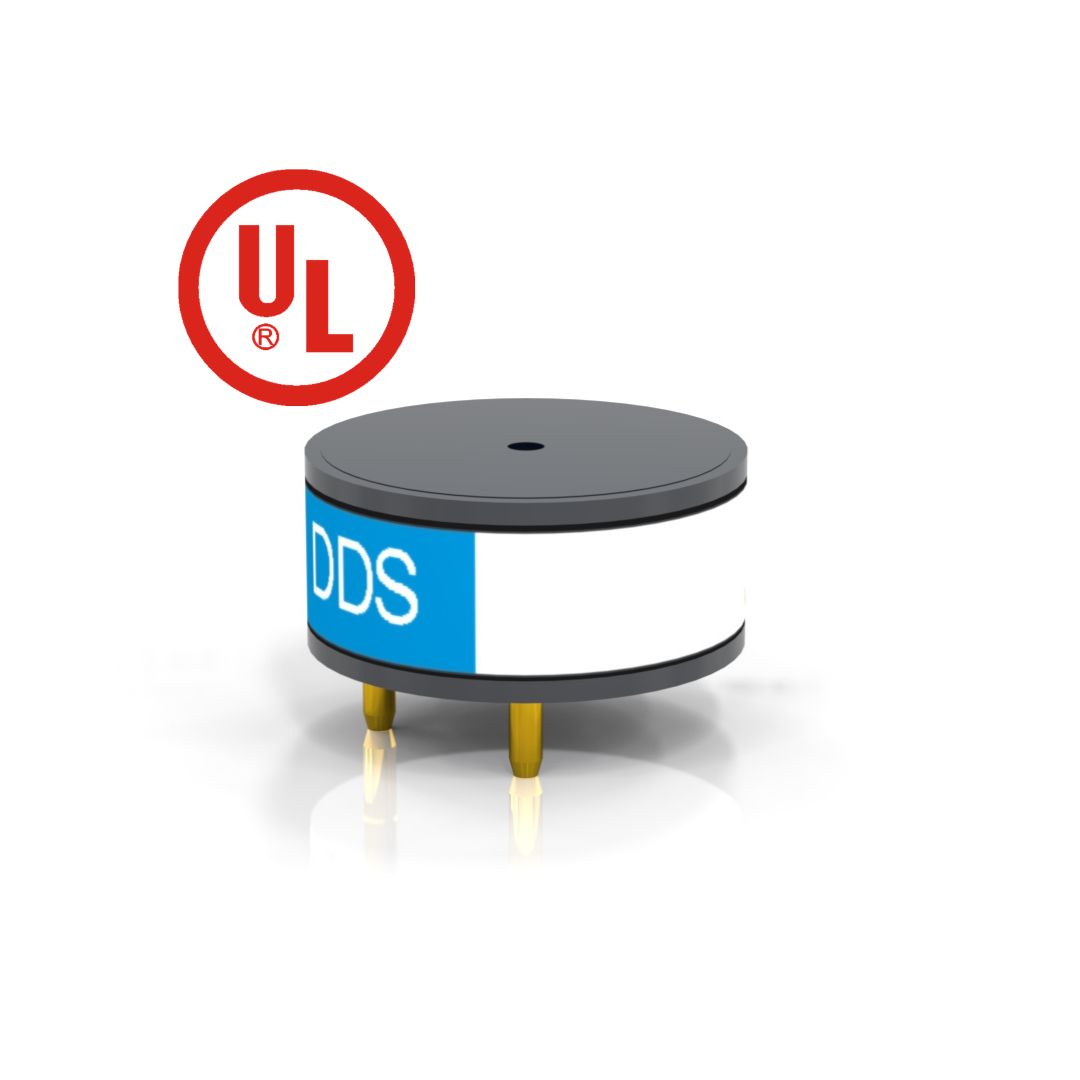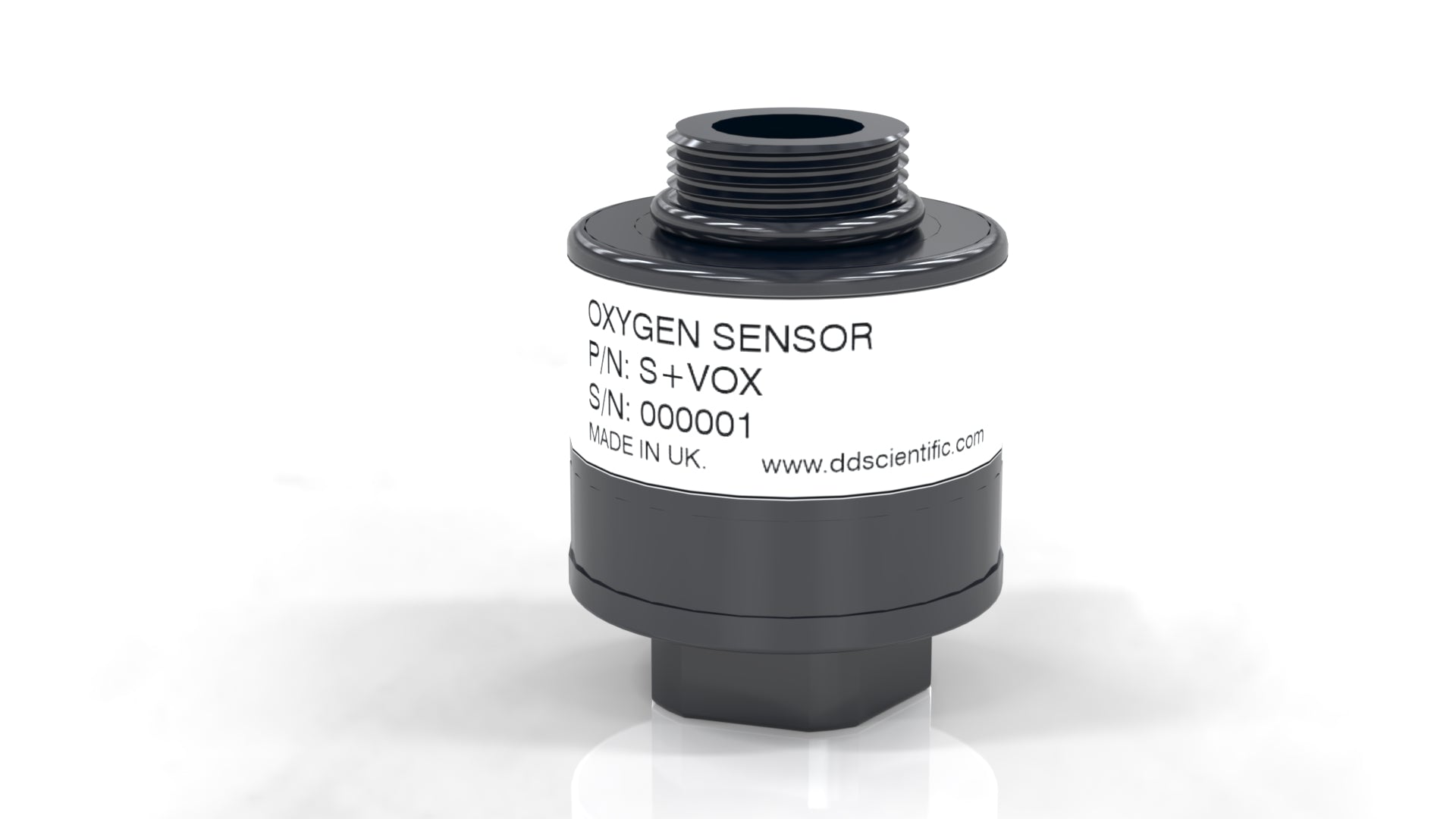Applications for gas detection and monitoring in the Residential / Domestic sector include;
Carbon Monoxide (CO) is a colorless, odorless gas produced by the incomplete combustion of fossil fuels such as natural gas, propane, and wood. CO poisoning can lead to symptoms ranging from headaches and dizziness to unconsciousness and death. Gas monitoring systems equipped with CO detectors provide early warning of elevated CO levels, enabling residents to take immediate action, such as ventilating the area and shutting off fuel-burning appliances, to prevent poisoning incidents.
Leaks in supply of natural gas / Methane (CH4) pose fire and explosion hazards and can also displace Oxygen (O2), leading to asphyxiation in enclosed spaces. Gas monitoring systems equipped with methane detectors detect leaks from gas lines, appliances, or fittings, triggering alarms to alert residents and enabling prompt intervention by gas utility providers or emergency services to mitigate risks and prevent accidents.
Volatile Organic Compounds (VOCs) are emitted by various household products and materials, including paints, cleaning agents, and furnishings. Prolonged exposure to VOCs can cause respiratory issues, headaches, and other health problems. Gas monitoring systems equipped with VOC sensors detect and measure indoor air quality, allowing residents to identify sources of pollution and take measures such as improving ventilation and selecting low-VOC products to maintain a healthy indoor environment.
Global legislation mandates gas detection in homes to prevent CO poisoning and gas-related accidents. Standards such as UL 2034 and EN 50291 regulate CO detectors, while regulations specify gas detection requirements. Legislation which mandates detector installation and maintenance drives a reduction in the frequency of loss of live and damage to property as a result of gas leaks and poisoning in residential settings.
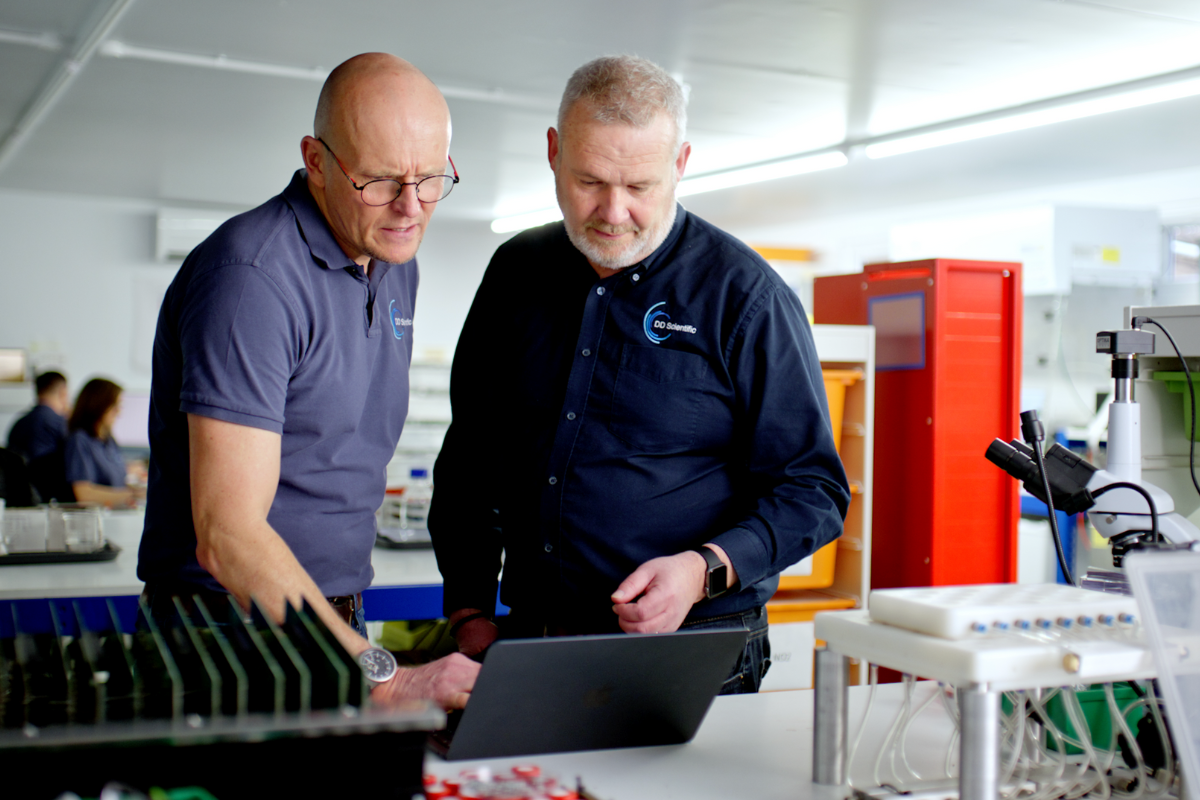
Residential Sensors application support
We work with a broad range of customers in the Residential Sensors sector and will be glad to discuss your specific needs, be it integration of DDS sensors or outlining the benefits our sensors can bring to your instruments.
To talk to one of our application specialists get in touch today.



